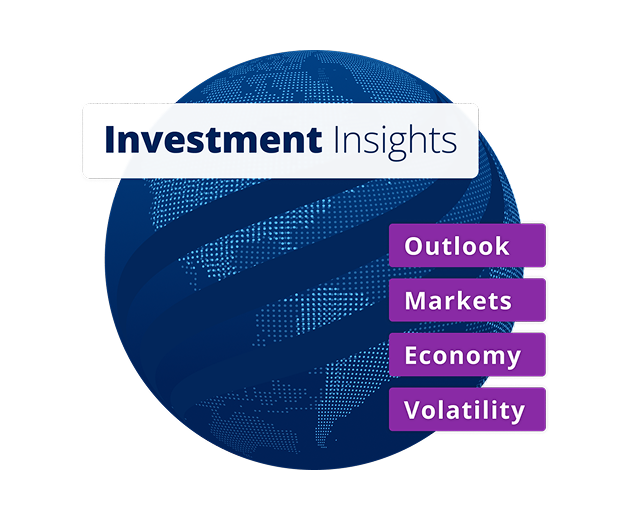Breadcrumb
- Individuals
- Financial Tools
- Net Worth
Net Worth
Knowing your net worth is worth it
Knowing your net worth is worth it
See where you stand to get where you want to be.


Your vital sign for better financial outcomes
Your net worth is the value of your assets minus your liabilities. Use it to:
- Monitor and improve your financial health.
- View a full picture of your assets and liabilities.
- See the impact of paying down debt or saving more.

Take stock of what you own and what you owe
Let your net worth guide you, no matter where you are on your journey.
-

See exactly where you stand
Gain a clear picture of your debts and assets.
-

Take in the view
Look at all your accounts in one place.
The Empower Dashboard™ gives me a full picture of where I am financially without having to log in to all my accounts. It definitely makes my financial life clearer and easier.
Benjamin D.*
People also use
Portfolio Analysis
See how your portfolio performs. Understand your risk level and where your money is invested.
Budgeting & Cash Flow
Long-term goals start with small money habits. Daily monitoring and expense tracking will help keep you on track.
Transactions Review
Know where your money is going by automatically categorizing your spending.
Debt Paydown
See everything you owe in one place as you track your progress as you pay down debt.

Multilayered security and data privacy
Industry-standard encryption, multifactor authentication, and fraud protection help keep your assets and information safe.

























